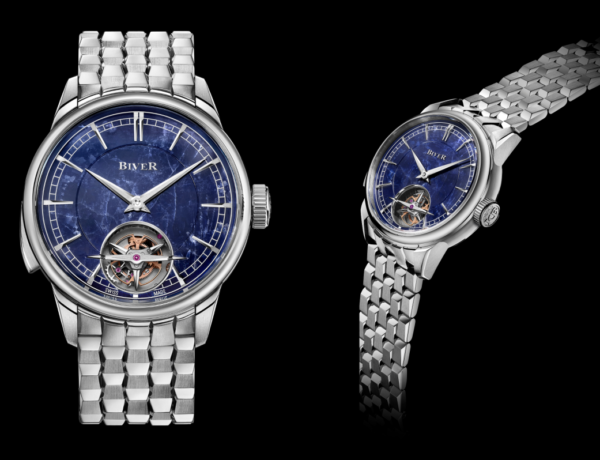Motorcycles have long been a symbol of freedom, adventure, and a unique sense of individuality on the road. For many, the idea of getting a motorcycle is tempting, offering the allure of open-air riding, efficient travel, and a sense of community among riders. However, like any major purchase, owning a motorcycle comes with both benefits and drawbacks that should be carefully considered.
The Benefits of Owning a Motorcycle
One of the most significant advantages of owning a motorcycle is the cost-efficiency it offers. Motorcycles generally have a lower purchase price compared to cars, and they are also cheaper to maintain. Fuel efficiency is another strong point; motorcycles typically consume less fuel, which can result in significant savings over time. This makes them an appealing option for those looking to reduce their transportation costs, especially in areas with high fuel prices.
Ease of maneuverability is another benefit that many motorcycle owners appreciate. In congested urban areas, motorcycles can navigate through traffic more easily than larger vehicles, reducing commute times and the frustration that comes with sitting in gridlock. Additionally, finding parking is often simpler, as motorcycles require less space and can fit into smaller parking spots.
For those who value the riding experience, a motorcycle offers a connection to the road and the environment that cars simply can’t match. The thrill of acceleration, the ability to lean into curves, and the immersive feeling of the open road are aspects that many riders find irresistible. This sense of freedom and adventure is a key reason why many people choose to ride.
The Drawbacks of Owning a Motorcycle
Despite the appealing benefits, there are several drawbacks to consider when thinking about purchasing a motorcycle. Safety concerns are at the forefront. Motorcycles provide less protection than cars, making riders more vulnerable in the event of an accident. According to various studies, motorcyclists are more likely to be involved in serious accidents compared to car drivers. This increased risk can be a significant deterrent, especially for those who are cautious or who have families.
Another drawback is the limited practicality of motorcycles. They offer less storage space, making them less ideal for carrying passengers or transporting large items. For individuals who frequently need to haul groceries, sports equipment, or other belongings, a motorcycle may not be the most convenient option.
Weather conditions can also significantly impact the motorcycle riding experience. While some riders enjoy the elements, others may find riding in rain, snow, or extreme temperatures uncomfortable or even hazardous. Unlike cars, motorcycles offer little protection from the weather, which can make commuting or long-distance travel less appealing in certain climates.
Lastly, there is the learning curve associated with riding a motorcycle. For those who have never ridden before, it can take time and practice to become proficient and confident on the road. Additionally, obtaining a motorcycle license requires additional training and testing, which can be a barrier for some prospective riders.
Is a Motorcycle Right for You?
Ultimately, the decision to get a motorcycle depends on a variety of factors, including personal preferences, lifestyle, and comfort with the risks involved. For those who prioritize cost-efficiency, maneuverability, and the thrill of the ride, a motorcycle can be a rewarding investment. However, for others, the safety concerns, limited practicality, and weather-related challenges may outweigh the benefits.
For anyone considering this purchase, it’s important to weigh the pros and cons carefully and consider how a motorcycle would fit into their daily life. For some, the rewards will far exceed the drawbacks, while for others, a motorcycle might be better enjoyed as a secondary vehicle rather than a primary mode of transportation.



